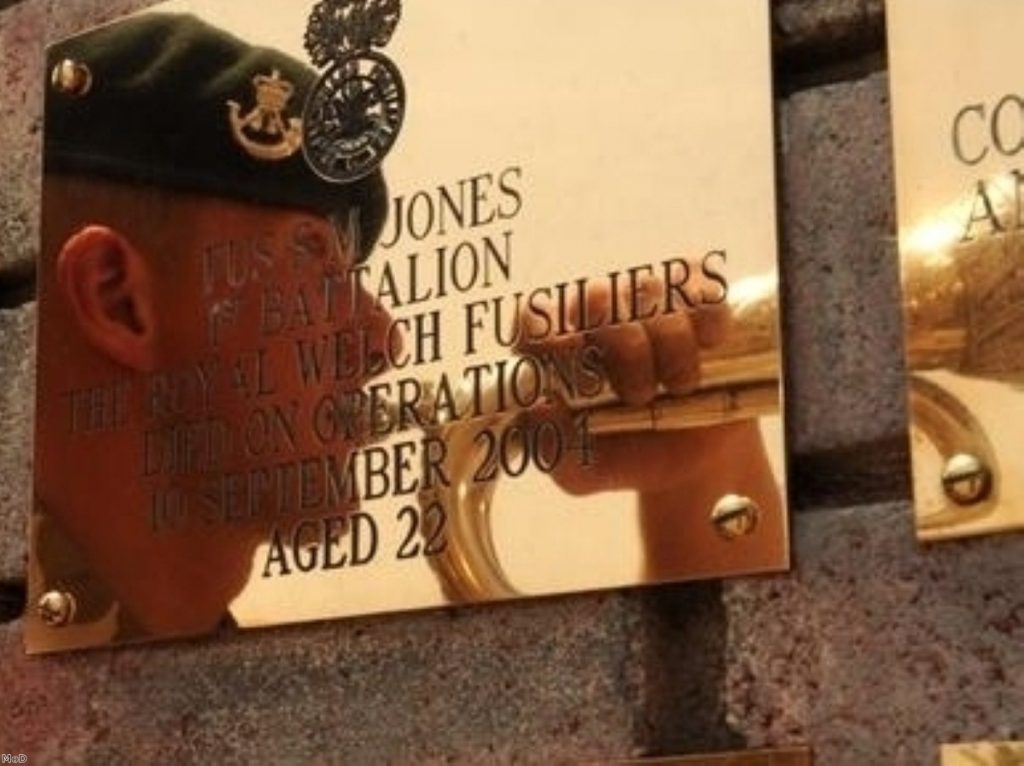UK’s Iraq record ‘strained special relationship’
Britain’s lack of interest in Iraq after the invasion has “cast a long shadow” over the country’s military reputation, according to an American counter-insurgency expert.
David Ucko of the RAND Corporation argued in an article for the International Institute of Strategic Studies’ journal Survival that ministers’ prioritisation of “domestic political agendas” meant Britain’s “position in the world” had to be called into question.
“Having entered Iraq as a junior coalition member, Britain was always less interested in seeing the operation through or responding robustly to new challenges,” he wrote.


“The limited engagement played to domestic political agendas but had crippling effects on the troops in theatre and strained the partnership with the United States that British involvement in Iraq was arguably intended to cement.”
He explained how British forces’ initial attempts towards replicating peace operations seen in Northern Ireland “ceded the initiative” to local power struggles between rival militias, who infiltrated Basra’s police after the 2003 invasion.
A more aggressive stance adopted from 2005, as the insurgency intensified, was not supported with extra resources.
“Whereas Washington was able to change its strategy to good effect, London was more interested in leaving Iraq, and Basra, to its fate,” Dr Ucko added.
“The decision can be explained by the domestic controversy over the Iraq War or by the limited resources available following the commitment of troops to Afghanistan.
“Even so, the British government’s decisions over Basra cast a long shadow over its future with counter-insurgency.”
The ongoing strategic defence and security review, to be published this autumn, faces tough choices as Britain decides the future role of its armed forces.
With the bill for replacing Trident on a like-for-like basis set to hit conventional forces, the Ministry of Defence may be forced to abandon Army hopes to refocus the military on counter-insurgency operations.
“It is unclear whether the British government can truly muster the level of political and public support needed for such ambitious endeavours,” Dr Ucko said.
“Put more bluntly, the United Kingdom, which has long prided itself on its ability to deploy military force and maintain diplomatic influence internationally, now faces the dilemma of matching this desired role with the required resources and political capital.”
Sir John Chilcot’s Iraq inquiry finished its second round of public evidence sessions last week and is not expected to complete its work this year.
Its witnesses have already confirmed some of Dr Ucko’s conclusions about Britain’s performance in Basra after the invasion.
He condemned the government’s “failure to prepare for or adapt to the challenges” encountered in Basra and criticised British attempts to convince themselves their withdrawal would improve, rather than worsen, the security situation.
“Although this was no doubt true, the restriction meant abandoning the objective of stabilising the province,” Dr Ucko said.

